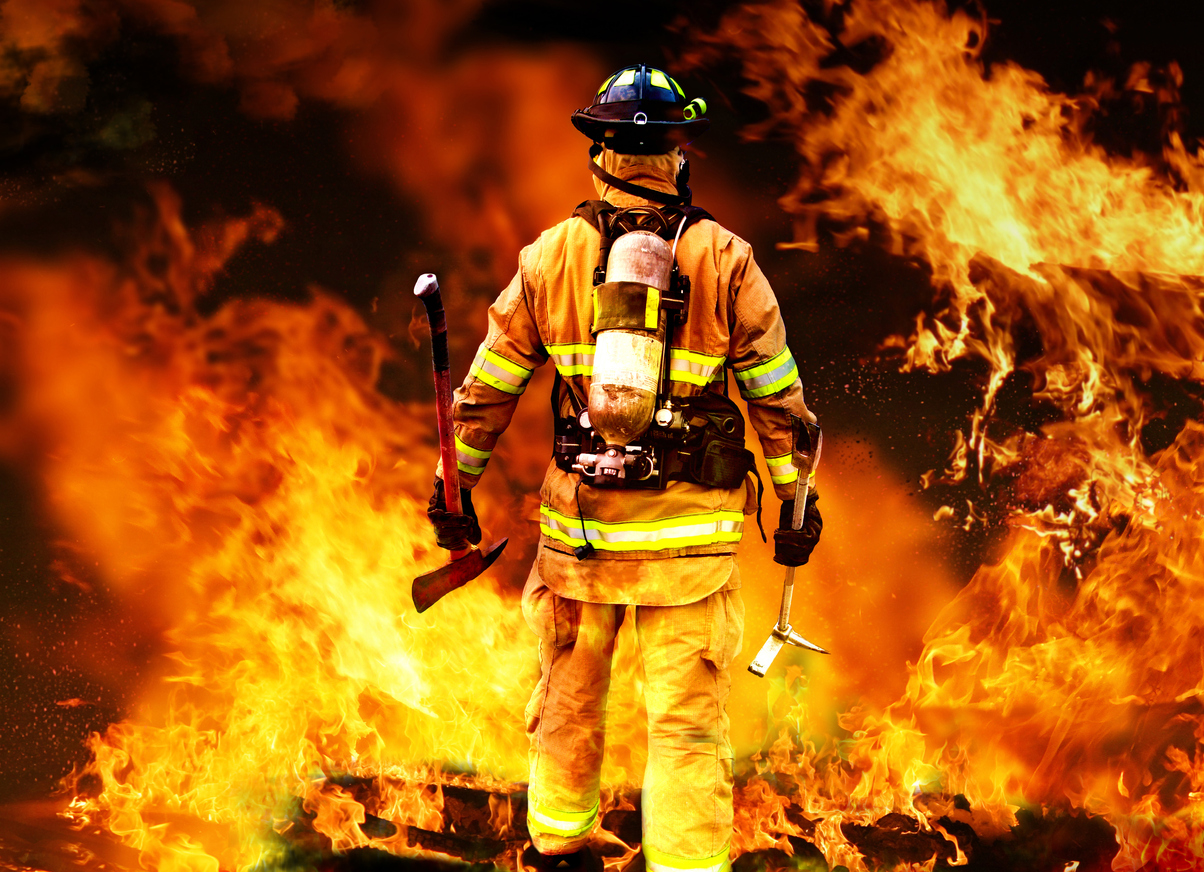
Following a medical leave for an injury or health issue of some kind, how do firefighters and their superiors know it’s the right time to come back? Medical examinations and medical inquiries implicate several federal laws, including the Family and Medical Leave Act (FMLA). Medical or health conditions can prevent a fire department professional from returning to duty. It is not unusual for the injured employee to want to return to duty as soon as they begin feeling better. However, returning prematurely to the unpredictable work environment encountered can lead to an increased risk of further injury to one’s physical, mental, and/or emotional health.
Returning Responsibly
Given firefighting demands, a medical examination of a firefighter following medical leave for an injury or a mental health concern would likely satisfy the requirement of being ready to return.
In general, public service clients, such as fire departments, should require a physician’s medical examination to return their employees safely to their work. To save money and streamline the return-to-duty process, some fire departments will accept a doctor’s note from the staff member’s own doctor as clearance to return to duty.
In collective bargaining jurisdictions, the collective bargaining agreement governs this process. Some employers may even have bargained the right to insist an employee be examined by the department’s doctor or allowed the employee to simply present a doctor’s note compared to being evaluated by the department’s doctor.
Even the FMLA has different requirements for medical documentation separate from the Americans with Disabilities Act (ADA). Additionally, where the employee’s leave is due to a work-related condition, workers’ compensation laws will further govern what the employer can require.
Meeting the Demands Like Before
Having a functional job description is essential in evaluating an employee’s ability to return to their position fully. Fire departments need to define the basic position requirements, the environment and conditions in which these requirements may be encountered, and any physical requirements.
Department heads need to share the functional job description with the medical professional caring for the affected firefighter. This allows the physician to review the job’s specific physical requirements and enables them to decide on the ability of an employee to return to full duty. If the firefighter in question cannot perform all of the tasks per the job description, they should not be allowed to return.
An important appendage to the functional job role is the enhancement of a proven physical ability test, which reflects the job demands as it were. After a serious health condition or injury of some kind, completion of this test helps confirm the employee’s capability to return to full duty.
When to Consider Rehabilitation
After suffering an injury, be it physical or mental, an employee from a fire department may be required to participate in physical rehabilitation and/or work hardening programs. A department should provide the medical professionals who oversee rehabilitation with any physical ability test results to better understand the employee’s job’s unique demands.
This helps focus the rehabilitation on performing the duties that firefighters need to perform. Ideally, departments should consider selecting a rehabilitation professional familiar with firefighting operations.
It’s imperative to make sure firefighters can meet the demands of their selected careers. While they may need time to rehabilitate and ensure they are ready to return to work, their profession’s dangerous environments never let up. With this in mind, it’s crucial to take the right steps to help protect firefighters from further complications around injuries and their long-term effects.
About Provident Fire Plus
At Provident Fire Plus, we offer custom-tailored packages to best protect firefighters and volunteer firefighters. We understand the risks that emergency response teams are subjected to on a daily basis, and have worked to serve these dedicated professionals for over 87 years. For more information about our products and policies, we invite you to contact our experts today at (855) 201-8880.

